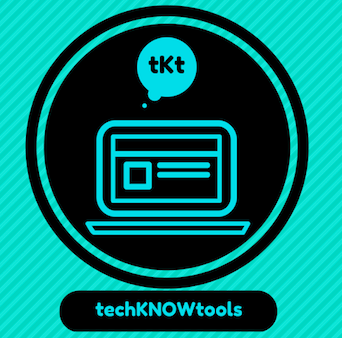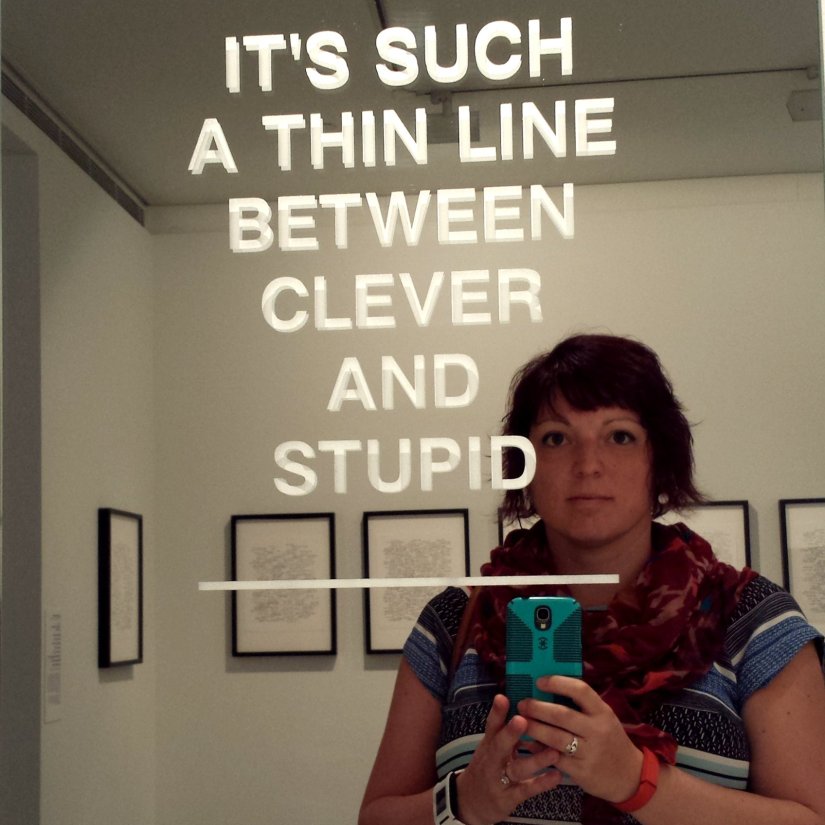For the last couple of years, I have been talking, researching and engaging with colleagues to figure out what it means to be a networked practitioner and/or scholar in higher ed. Based on a recent workshop and Twitter conversation (#acdigid chat), it is clear that being online feels different in 2018 than it did back in 2008 when I first started to really connect to other professionals in digital, social networks. In an editorial I wrote for Inside Higher Ed last year, I ask questions about what it means to have a digital persona in academia, specifically these ones (slightly modified):
- How does being part of a digital learning network support learning and development for higher ed professionals?
- How are faculty and staff shaping their online identity and presence to share professional values, work, etc.?
- How can does a networked community expand knowledge to enhance our roles on campus and the work we do?
- Why might others higher ed professionals want to network with peers to scaffold their own career goals?
As these digital networks have scaled past the “social-media-is-just-a-fad” stage and they now influence more of our society in our daily lives. That being said, I think educators are considering how to be more thoughtful and consider HOW, WHERE, and IF, they should “be” in these public and open spaces. A number of college/university practitioners, scholars, and administrators have seen benefits to “working out loud” and being public intellectual in postsecondary. That being said, the repurposing of social media and digital platforms, has come with minimal institutional guidance and limited sociotechnical support (Pasquini & Evangelopoulos, 2017) and does appear to have ramifications for our personal/professional lives. A number of interviews with higher ed colleagues have just begun to identify the benefits, challenges, and future considerations for higher ed networked practices. And, of course, in talking to researchers, student affairs educators, early career researchers, academic advisors, senior administration, instructional designers, and other colleagues — it seems that we have even more questions and the need to continue these conversations among ourselves.
In a recent Twitter poll I put out this month, I tossed out the idea to host a SLOW (all day) Twitter chat ONE DAY per month for 2018. It seems like a few of you (at least 15) in higher ed, are interested in discussing your digital identity and “being online” or connected as a professional:
At least 15 of y’all want to talk about #acdigid issues on a FRIDAY via Twitter. We will EXPAND this chat topic (https://t.co/pIOgk7ver0) with ONE topic/theme slow chat (day long) the 2nd Friday each month. #SaveTheDate Feb 9th #highered #AcademicTwitter #phdchat #acwri #academia pic.twitter.com/T0RTi8Hw6T
— Laura Pasquini (@laurapasquini) January 23, 2018
https://platform.twitter.com/widgets.js
So, let me introduce to you the…
Higher Ed Digital Identity Chat (#HEdigID)
 We will connect on the SECOND FRIDAY of each month this year to have an open, honest conversation about being a higher ed professional who is connected and digitally engaged. Here’s the schedule, if you would like to #SaveTheDate:
We will connect on the SECOND FRIDAY of each month this year to have an open, honest conversation about being a higher ed professional who is connected and digitally engaged. Here’s the schedule, if you would like to #SaveTheDate:
|
February 9, 2018 |
August 10, 2018 |
|
March 9, 2018 |
September 14, 2018 |
|
April 13, 2018 |
October 9, 2018 |
|
May 11, 2018 |
November 9, 2018 |
|
June 8, 2018 |
December 14, 2018 |
|
July 13, 2018 |
Any and all post-secondary faculty, staff, professionals, scholars, practitioners, administrators, graduate students, and leaders (really anyone in higher ed) are encouraged to JOIN and CONTRIBUTE to the Twitter conversation. There will be a TOPIC, THEME, and PROMPTS to guide the Twitter Chat over the course of the day. This “SLOW” Twitter Chat (all day) is designed to encourage and allow our colleagues from across the pond, time zones, and busy work schedules to join in the dialogue. I am happy to moderate (MOD) the first few #HEdigID chats; however, I am also quite open to others who want to MOD and/or contribute an IDEA or TOPIC we should dig into online. Let me know!






You must be logged in to post a comment.